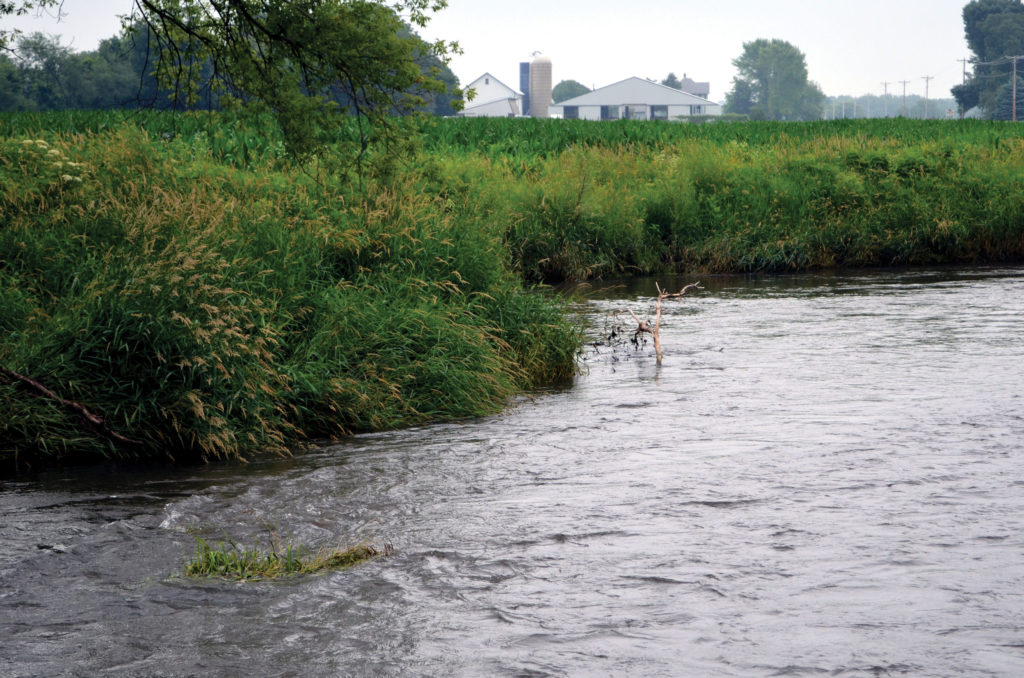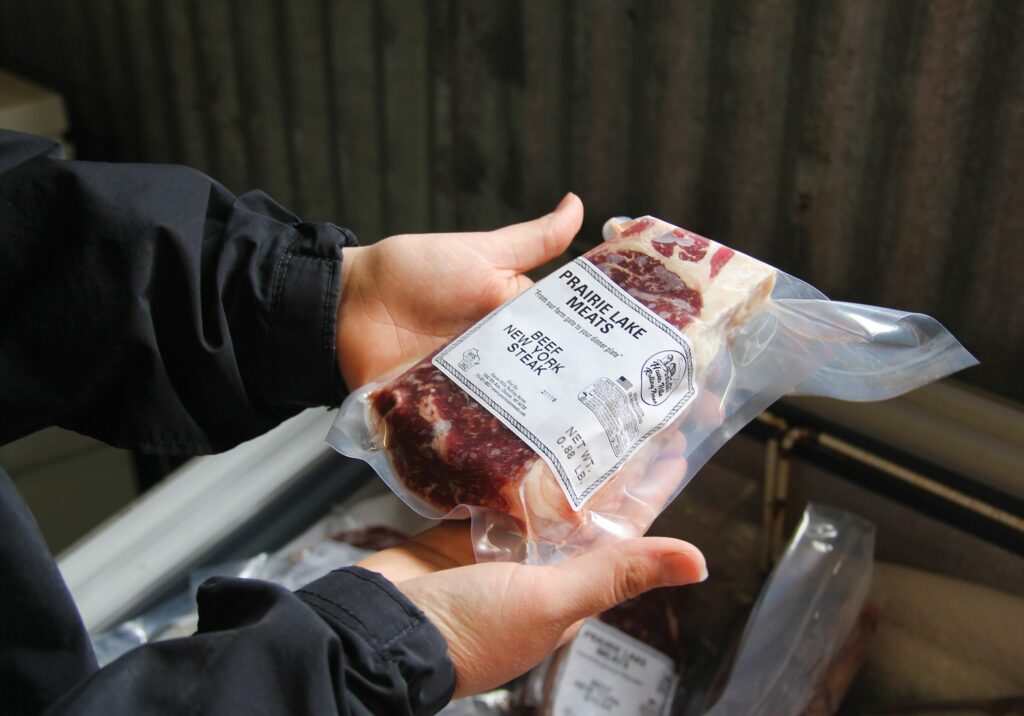Wisconsin Farm Bureau staff work to promote policies on the local, state and national levels that support Wisconsin farmers. Staff and members collaborate to accomplish the organization’s legislative and regulatory goals.
A few topics that WFBF staff are covering are:
Investment in Rural Cellular Networks
Rural wireless networks across America are collapsing from a massive loss of federal infrastructure investment, risking mobile-911 access for rural consumers and threatening first responders’ ability to respond effectively to medical emergencies on the farm, chemical spills on our highways and numerous other emergencies that demand a modern, fast and mobile mode of communication.
COVID-19 exposed the need to invest in rural broadband but it also exposed the fact that in rural America, many consumers only have access to broadband through their mobile phones.
WFBF staff wrote a letter asking for funding in the fiscal year 2023 Appropriations Bill for rural cellular networks. This funding is vital to addressing the serious and growing public safety problem for rural Wisconsinites who live in our state but lack the ability to reliably connect to mobile networks during emergencies.
Rural Broadband
Rural broadband is essential to modern agriculture, the farmers who grow our food and the quality of life for rural Americans. Farm Bureau supports using the Universal Service Fund to expand broadband deployment to rural areas. Farm Bureau also supports using a combination of tax incentives, grants or regulation to increase the use of broadband access in rural areas.
WFBF supported increased funding in the 2021-2023 State Budget for broadband infrastructure across the state. $129 million in funding was approved.
Last year, Wisconsin Department of Agriculture, Trade and Consumer Protection established a Meat Processor Grant Program. It was authorized in the 2021-2023 State Budget.
This was a budget priority item for WFBF due to the increased need for farmers to have access to local meat processing within the supply chain. This grant program intends to help spur the growth in Wisconsin’s meat industry, which in turn will grow consumer demand and benefit growth in the livestock industry.
The Meat Processor Grant Program prioritizes grant applications that expand capacity, modernize facilities and increase harvest capacity within the meat processing industry. Grants of up to $50,000 were awarded to five qualified applicants at the beginning of May.
In January 2022, Gov. Tony Evers announced he is providing up to $5 million in American Rescue Plan Act funding for meat talent development programming. This funding will be used to attract students to meat careers, provide financial support to students in Wisconsin meat processing training programs, support program development and connect the meat processing industry with potential employees.
On May 23, Gov. Evers announced the creation of the Meat and Poultry Supply Chain Resiliency Grant Program, investing up to $10 million in the program to continue to grow Wisconsin’s meat processing industry and improve the long-term viability of the state’s livestock industry. Also funded through the American Rescue Plan Act, Wisconsin meat processors will have the ability to apply for grants of up to $150,000.
 Farmer-Led Watersheds Initiatives
Farmer-Led Watersheds Initiatives
Wisconsin Farm Bureau is a long-time supporter of farmer-led initiatives focused on conservation and best management practices on farms. Farmers are stewards of the land and other resources and care about the state of natural resources for their farms, families, local communities and the world.
Approximately 10 years ago, Wisconsin Farm Bureau led the charge to create, advocate and secure funding for producer-led watershed grants. During the past 10 years, local farmer-led initiatives have shown to bring stakeholders together to discuss local issues, concerns and solutions while providing results. In the 2021-2023 State Budget, WFBF staff advocated for an increase in initial funding for the farmer-led watershed grant program, resulting in an approval of $1 million dollars for each year of the biennium budget.
Story originally appeared in the June|July 2022 Rural Route



Leave a Reply